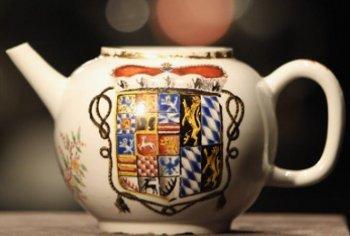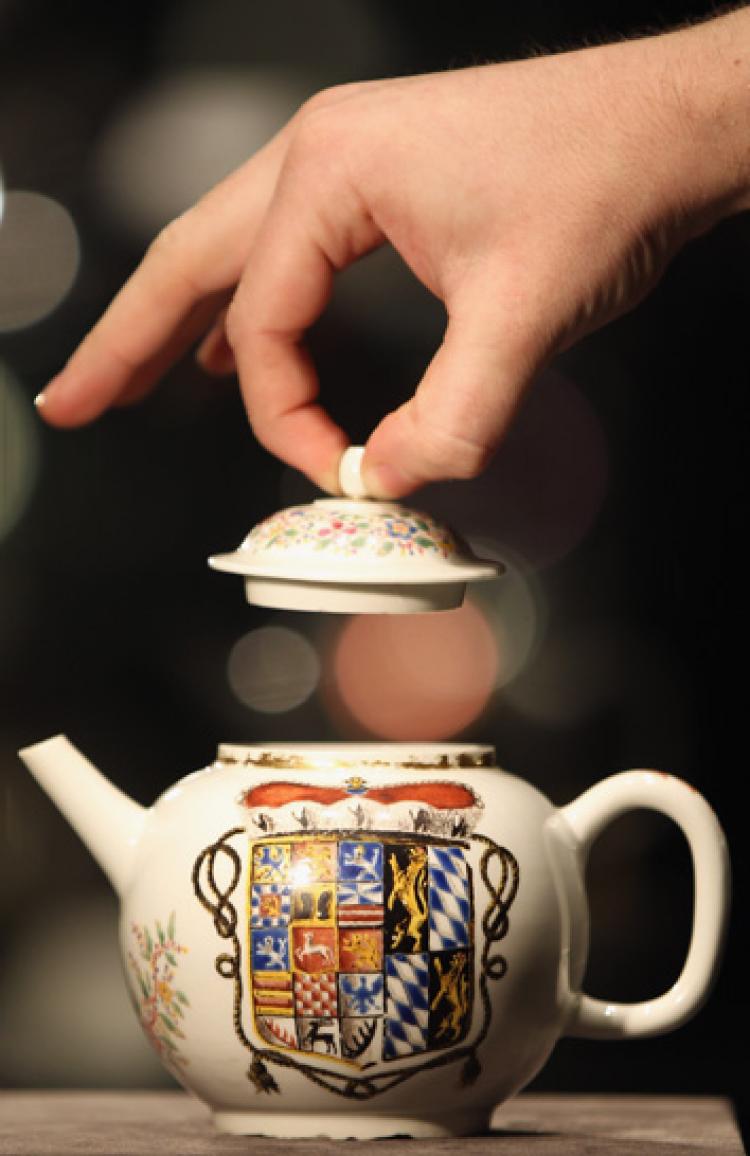BIRMINGHAM, England—Tea is more than just a drink. It is more than a tonic. It is more than a comforting and addictive ritual.
Tea is the social Swiss army knife that you need to survive the apparent emotional wilderness of British society—icebreaker, buddy maker, placater, comforter, date maker, and bond maker.
A few months ago, I did the unthinkable: I stopped drinking tea. An odd set of circumstances conspired to deny me access to tea for over 48 hours, and with my addiction already half-undone, I felt strangely compelled to see what life was like free from its bonds.
For a while I felt socially hobbled, the same as when I first gave up drinking alcohol.
When I started up tea drinking again a few weeks ago—unthinkingly accepting a brew handed me before I remembered I didn’t drink the stuff—it didn’t really feel like awakening an old ingrained addiction, but more like rejoining a warm friendly club.
According to management guru Peter Drucker, manners are the lubricating oil that keeps the meshing wheels of organizations and businesses turning.
If that’s true then the machinery of British business should have achieved the organizational equivalent of perpetual motion, with all human contact protected by a frictionless layer of politeness.
Of course, every engine has its maximum oil level, and I suspect we British surpassed the natural human politeness level long ago. We’re drowning in the stuff. Rather than oiling the odd potentially grating encounter, manners often are just an unnecessary drag on the smooth flow and speed of communication.
But whether manners improve efficiency or not, any British manager worth his or her salt would know it would be organizational suicide to remove tea-making facilitates.
Tea isn’t just the stuff of bone china cups, dainty sugar bowls and sniffy accents; it’s the social glue that bonds British society at every level. From the builder’s yard and office politics to the stately homes it is the ubiquitous currency of social interaction.
We Brits don’t like overt displays of emotion—gushing praise or glowing declarations of friendship, quite frankly, can sometimes scare us. Yes, we kind of like it too, but it takes us out of our comfort zone, and soon we want to scuttle safely back under the veneer of understatement and politeness.
‘Fancy a cuppa?’ literally translated means, ‘Do you want a cup of tea?’ But, depending on context, it carries all kinds of emotional translations that we are nervous of airing directly.
With a friend it is the warm arm of friendship reaching across the shoulders: ‘Hey, it’s good to see you. Come round so we can catch up. I missed you.’
With a stranger, it is the offering of the hand of friendship and respect. Hire someone to do some construction work and fail to supply them cups of tea at your peril. It is regarded not only as the most basic display of appreciation, but as an essential bodily need.
“Builder’s tea” is heavily sugared tea made so strong it acquires an almost glowing orange hue.
When I stopped drinking tea those few months ago, I had to find a new, slightly awkward social vocabulary. “Erm ... well, actually I’ve stopped drinking tea.” Pause. “But I’d love to pop round for a chat and to catch up—it’s been ages. If that’s OK?”
Slight pause. “I see.”
Pause. “Coffee?”







